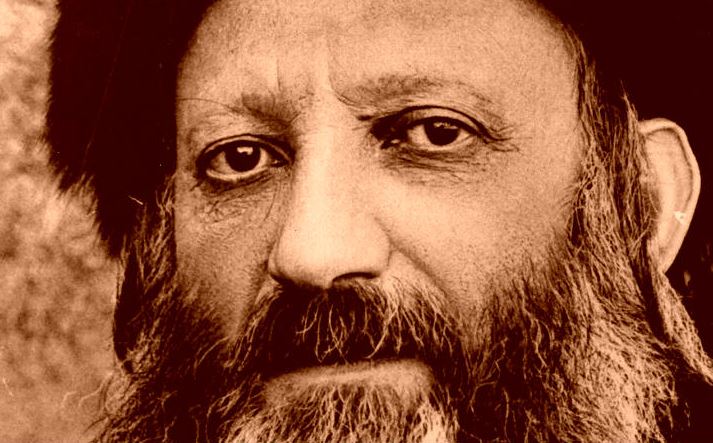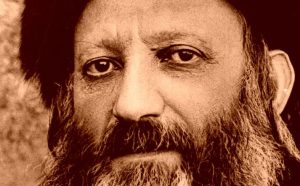Rav Kook’s 90th Yahrzeit

Today, 3 Elul (August 27) marks the 90th yahrzeit of Rav Avraham Yitzhak HaKohen Kook zt”l. As one of the preeminent figures in Orthodox Jewish thought in the 20th century, it is not surprising Rav Kook’s teachings have featured prominently as subjects of articles in the pages of TRADITION.
 To mark this date, sample some of the items we have published on Rav Kook over the nearly 70 year history of our journal:
To mark this date, sample some of the items we have published on Rav Kook over the nearly 70 year history of our journal:
Abraham Isaac HaKohen Kook on the Prayer of the Soul (Spring 1961)
Leon D. Stitskin
Rabbi Stitskin, TRADITION’s then associate editor and pioneer of our “From the Pages of Tradition column,” considered how Rav Kook’s notion of prayer falls inevitably into the charmed circle of mystical experiences that constitute the central events in his spiritual life. In this annotated and translated text Rav Kook shows that “Man is by nature mystical,” and every noble expression of a human being as well as his ethical and esthetic aspirations yearn to return to the source of all life.
Rav Kook: The Road to Renewal (Winter 1973)
Ben Zion Bokser
Rabbi Bokser, an early and important translator of Rav Kook to English, offered this explicated text from the 1909 essay “Derekh Ha-Tehiyya,” which offered one of Rav Kook’s most comprehensive statements on the philosophy of Judaism.
Rav Kook’s Contested Legacy (Spring 1996)
David Singer
Nearly three decades ago David Singer diagnosed the war being waged between left and right over Rav Kook’s legacy—a struggle which has in no way abated since this essay appeared. Singer demonstrated that on one side is a small, liberal Orthodox element made up largely by academics, which holds up Rav Kook as a paradigmatic modern Orthodox Jew—open, tolerant, and deeply engaged with currents of secular thought. On the other side is a larger contingent, which instead hails him as the messianic Zionist supreme—dreamer of a reborn Jewish state, believer in the imminence of the final redemption, and upholder of the Jewish people’s right to the whole of the Biblical land of Israel. (Only the Haredim, standing outside of the debate cast a pox on both houses, and reject both versions of Rav Kook’s teachings.)
A Portrait of Two Artists at the Crossroads: Between Rav Kook and S.Y. Agnon (Summer 2016)
Jeffrey Saks
Rav Kook (1865-1935) and Hebrew Nobel laureate S.Y. Agnon were figures of enormous and entwined significance, encountering one another in Jaffa during the heady years of the Second Aliyah. This personal relationship was to span decades and permeate to an underappreciated extent the literary production of Agnon. In this essay, Jeffrey Saks shows that R. Kook had a profound impact on the young Agnon, and that the latter, for his part, embodied R. Kook’s ambitions for the type of authentically Jewish creative endeavor he hoped would be generated as part of the national return to Eretz Yisrael.
“The Lights Must Never Go Out”: The Future of Democracy From John Stuart Mill to Rav Kook (Summer 2016)
Shalom Carmy
In the search for meaning and purpose in life, how does a nation for ideals that can motivate its citizenry to place commitment to future generations above personal ambition? In examining Rav Kook’s philosophy, our esteemed editor emeritus, Shalom Carmy, demonstrated that a society is unable to sustain itself on a materialistic diet even though individuals, in particular those who have little use to begin with for national frameworks of identity, happily discover in materialism a source of meaning and purpose.
Progressivism and Conservatism in the Thought of Rav Kook (Fall 2022)
Avraham Stav
Rav Kook is considered a revolutionary and groundbreaking thinker, and at the same time many of his students and followers today belong to the ultra-conservative schools. Avraham Stav focuses on these two poles in the writings of Rav Kook, and shows how Rav Kook himself oscillated between them throughout different periods of his life.
